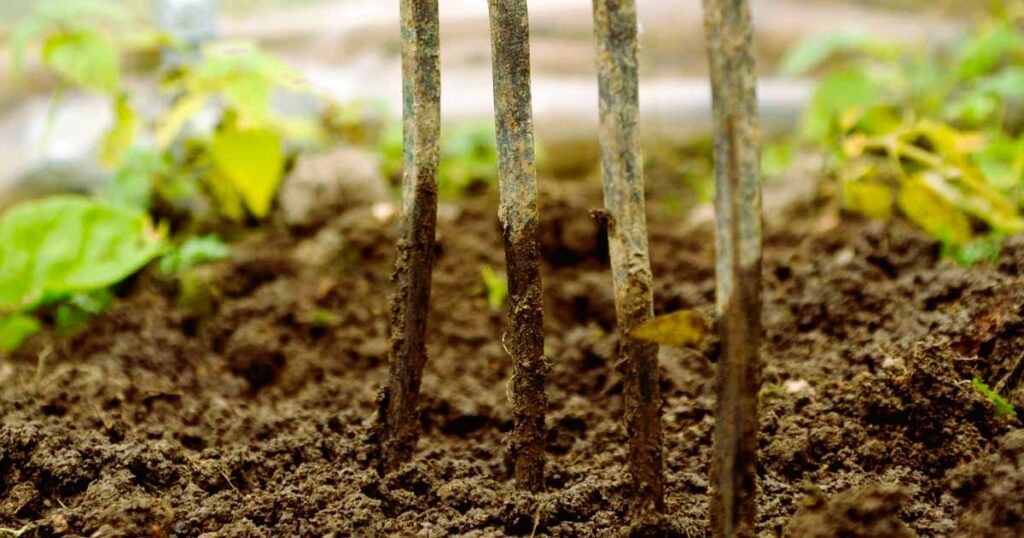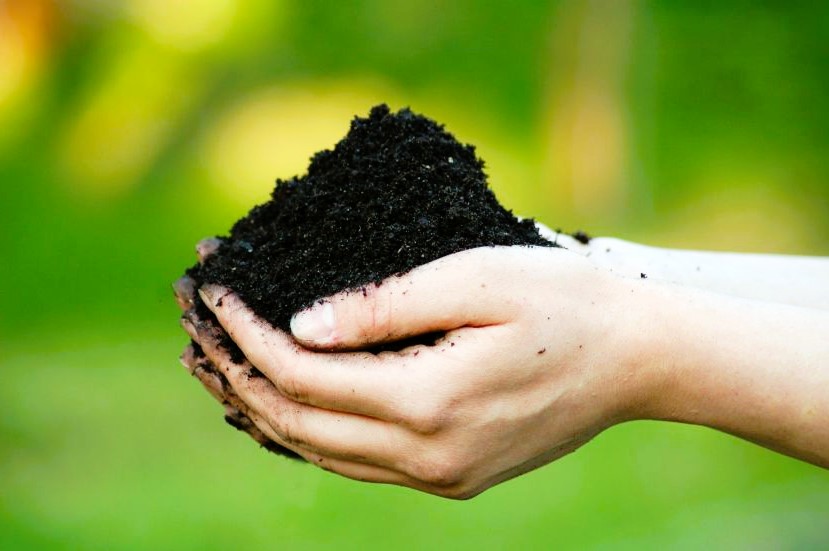Successful gardening begins with the soil beneath our feet. The health and composition of soil play a pivotal role in determining the growth and vitality of plants. This article delves into the science of soil, unraveling the intricacies of soil composition, nutrients, and the essential factors that contribute to a thriving garden.
Soil Composition
Soil is a complex mixture of mineral particles, organic matter, water, and air. Understanding the composition of soil is crucial for gardeners aiming to provide the optimal conditions for plant growth.
- Mineral Particles: The mineral component of soil consists of three main particles – sand, silt, and clay. Sandy soil has larger particles and tends to drain quickly, while clay soil has smaller particles and retains water. Silt falls in between. The ideal garden soil is a loamy mix, which combines all three particle types for a balanced texture that retains moisture yet allows for proper drainage.
- Organic Matter: Organic matter in soil includes decomposed plant and animal material. It improves soil structure, water retention, and nutrient availability. Compost, well-rotted manure, and other organic amendments enhance the fertility and health of the soil.
- Water and Air: Healthy soil contains a balance of water and air. Adequate pore spaces between soil particles allow for water drainage and air circulation, essential for root respiration and overall plant health.
Nutrients in Soil

Plants rely on essential nutrients for their growth and development. The primary nutrients are nitrogen (N), phosphorus (P), and potassium (K), often referred to as NPK. Additionally, secondary nutrients such as calcium, magnesium, and sulfur, as well as micronutrients like iron, zinc, and copper, are essential in smaller quantities.
- Nitrogen (N): Vital for leaf and stem growth, nitrogen is a key component of chlorophyll, the pigment responsible for photosynthesis.
- Phosphorus (P): Phosphorus supports root development, flower and fruit formation, and overall energy transfer within the plant.
- Potassium (K): Important for overall plant health, potassium regulates processes like water uptake, enzyme activation, and disease resistance.
- Calcium, Magnesium, and Sulfur: These secondary nutrients contribute to the structure and function of plant cells, affecting growth and nutrient uptake.
- Micronutrients: Even though plants require them in smaller amounts, micronutrients are essential for various physiological functions, ensuring a plant’s overall well-being. We have described ways to use wood in your home in our article.
Soil pH
The pH level of soil measures its acidity or alkalinity on a scale from 0 to 14. A pH of 7 is considered neutral, while values below 7 indicate acidity and values above 7 indicate alkalinity. Most plants thrive in slightly acidic to neutral soils, with a pH range of 6 to 7.5. However, some plants have specific pH preferences, and it’s essential to tailor the soil pH accordingly.
Soil Testing
To create an optimal environment for plant growth, regular soil testing is crucial. Soil tests provide valuable information about nutrient levels, pH, and other factors that influence plant health. Testing kits are available for at-home use, or gardeners can send samples to professional laboratories for a comprehensive analysis.
Improving Soil Quality

- Organic Amendments: Adding compost, well-rotted manure, or other organic matter enhances soil structure, moisture retention, and nutrient levels.
- Cover Cropping: Planting cover crops during the off-season helps prevent soil erosion, adds organic matter when tilled under, and fixes nitrogen in the soil.
- Mulching: Applying mulch helps retain soil moisture, suppress weeds, and regulate soil temperature. Organic mulches also break down over time, enriching the soil.
- Crop Rotation: Rotating crops helps prevent the depletion of specific nutrients and reduces the risk of soil-borne diseases.
Conclusion
The science of soil is fundamental to successful gardening. Understanding the composition, nutrients, pH, and other factors that influence soil health empowers gardeners to create optimal conditions for plant growth. Whether you’re a novice gardener or an experienced horticulturist, delving into the science of soil is a continuous journey toward cultivating vibrant and flourishing gardens.
For more in-depth information on the science of soil and gardening standards, you can explore reputable sources such as Canada.ca. These sources provide valuable insights into the scientific principles behind soil composition, nutrient management, and sustainable gardening practices.


